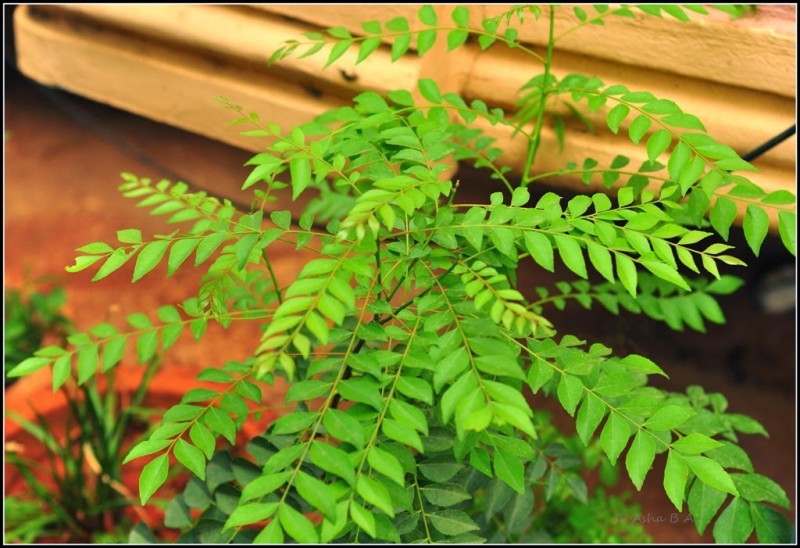
Curry leaves, known for their distinctive aroma and flavor, are a staple in Indian cuisine. However, their culinary applications extend beyond just adding taste. Let's explore how you can harness the full potential of curry leaves in various aspects of your life.
Curry leaves, scientifically known as Murraya koenigii, have been used for centuries not only as a culinary herb but also for their medicinal properties. Here are some ways to make the most of these versatile leaves:
Curry leaves are a flavor powerhouse. When sautéed in oil or ghee, they release a fragrant aroma that elevates the taste of your dishes. Use them in curries, stir-fries, and rice dishes.
In Indian cooking, tempering (tadka) with curry leaves is a common practice. Add them to hot oil along with mustard seeds and other spices for a burst of flavor in your dals, soups, and chutneys.
Curry leaves are a rich source of vitamins, especially vitamin A, and minerals like calcium and iron. Incorporate them into your meals for added nutrition.
Curry leaves can promote hair growth and prevent premature graying. Boil them in coconut oil and apply the infused oil to your scalp for healthier hair.
These leaves aid in digestion and can alleviate gastrointestinal issues. Chewing a few curry leaves daily may help with indigestion.
Some studies suggest that curry leaves may help lower blood sugar levels. Consult with a healthcare professional before using them as a diabetes remedy.
To ensure a constant supply of fresh curry leaves, consider growing your own curry leaf plant. Here's how:
Plant your curry leaf sapling in a sunny spot with well-draining soil. They thrive in warm climates.
Water your plant regularly, but avoid overwatering. Prune it to encourage bushier growth.
Use a balanced fertilizer during the growing season to promote healthy leaf production.
Harvest leaves as needed, but avoid removing more than a third of the plant at once to ensure its continued growth.
To keep your curry leaves fresh for longer:
Wrap fresh leaves in a paper towel and store them in a ziplock bag in the refrigerator. They can last for up to two weeks.
Another option is to freeze them in an airtight container. Frozen curry leaves retain their flavor and aroma well.
While curry leaves are a staple in Indian cooking, don't limit their use to just Indian dishes. Experiment with incorporating them into other cuisines for a unique twist.
Curry leaves are a versatile ingredient that can enhance the flavor of your dishes, offer numerous health benefits, and even be grown at home. Whether you're an avid cook or simply looking to improve your overall well-being, consider making curry leaves a part of your daily life.
Information about prostate cancer that you shouldn't ignore
Yoga Asanas and Breathing Exercises for a Healthy Digestive System